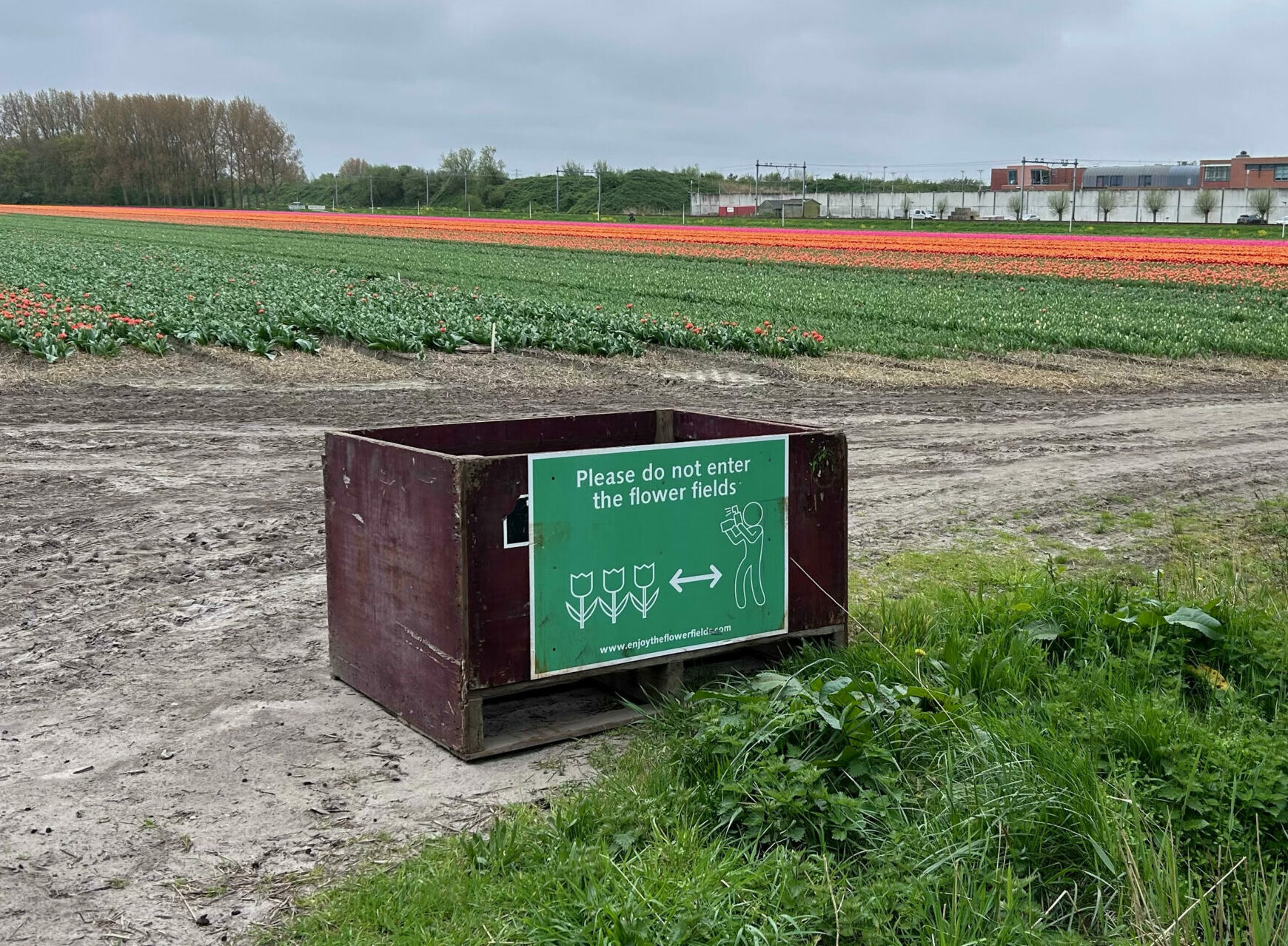Farm minister investigates pesticide-free zones near homes

Agriculture minister Femke Wiersma has told parliament that she is exploring the possibility of setting up “pesticide-free zones” near homes in rural areas.
There has been a string of court cases about the use of pesticides and in some areas, judges have ordered farmers to stop using certain chemicals due to the potential risks to local communities.
In regions where pesticide spraying has been halted by legal action, the designated buffer zones are typically no larger than 50 meters. This, too, is an area that requires further investigation, Wiersma said in a briefing for MPs.
Lily cultivation in particular requires four times as much pesticide as other crops, such as potatoes or tulips. While the chemicals used in the industry have been approved by the Dutch authorities, some researchers have linked them to diseases such as Parkinson’s, Alzheimer’s, and ALS.
The CTGB, the government agency that monitors pesticide safety, admitted during a court case earlier this year that it had not investigated the cumulative effects of using multiple pesticides at once.
Neurologist Bas Bloem, who has been studying the connection between Parkinson’s and pesticide exposure, described the CTGB’s admission that more research is needed as a “breakthrough.” He believes this could help clarify whether the combination of pesticides used in lily cultivation might be harmful.
In a related case, judges in Leeuwarden ruled in favour of a campaign group that had gone to court to stop the province of Friesland from turning a blind eye to the use of certain pesticides by local farmers.
The group, Meten=Weten, argued that pesticides used by a farmer near the Wold & Leggelderveld Natura 2000 reserve had been found several kilometers away from the lily fields, damaging plants and killing insects and birds.
Friesland’s provincial authorities had argued that the impact was minimal, citing research by testing company Eurofins, which showed no significant effects. However, the court ruled that the permit requirement cannot be ignored based on an assumption of no harm, setting a precedent that could affect other regions, experts say.
MPs are set to debate the use of pesticides near homes later on Wednesday afternoon.
Thank you for donating to DutchNews.nl.
We could not provide the Dutch News service, and keep it free of charge, without the generous support of our readers. Your donations allow us to report on issues you tell us matter, and provide you with a summary of the most important Dutch news each day.
Make a donation